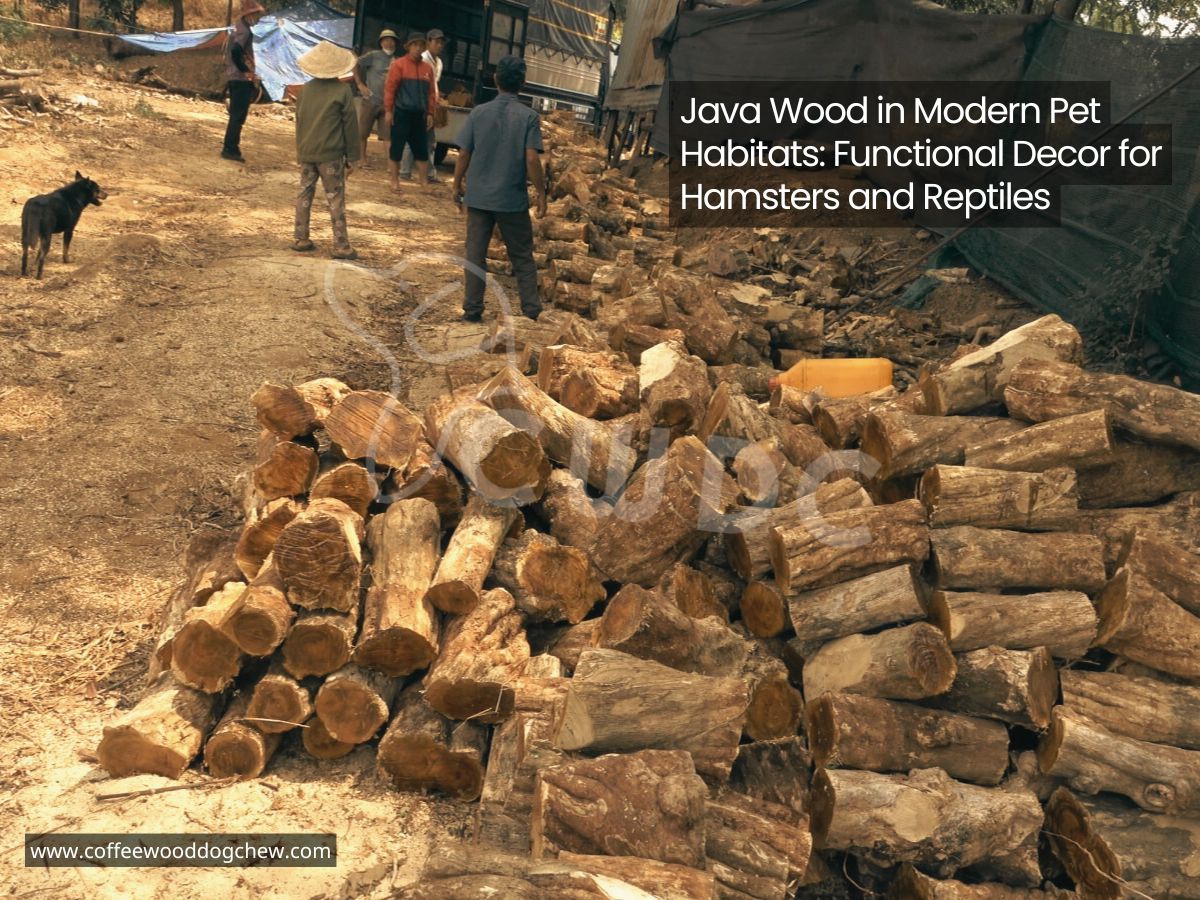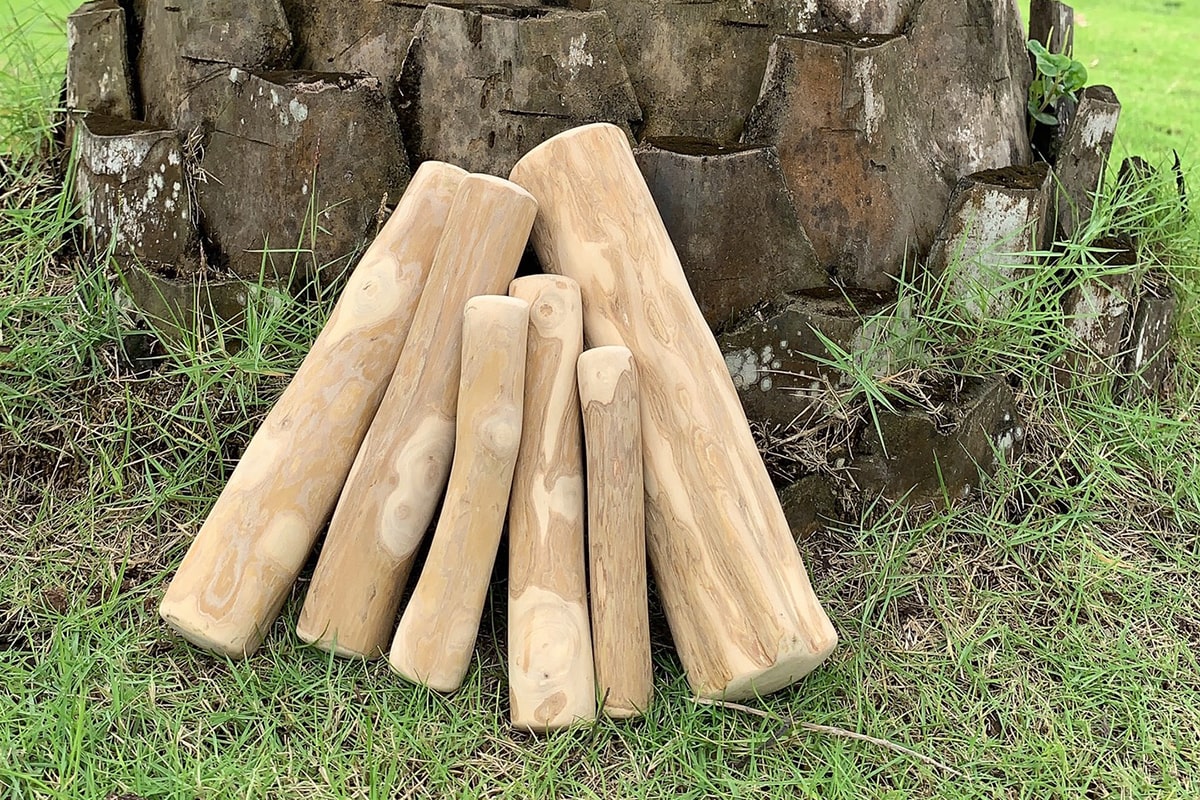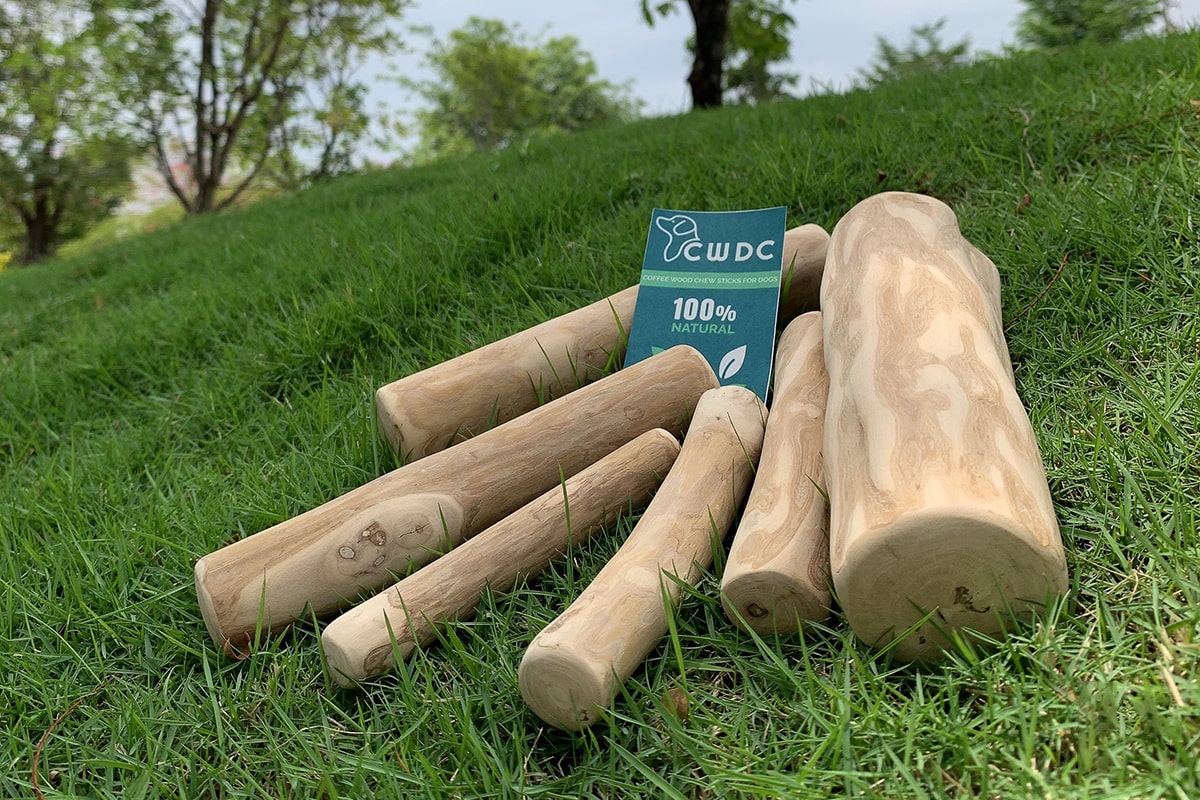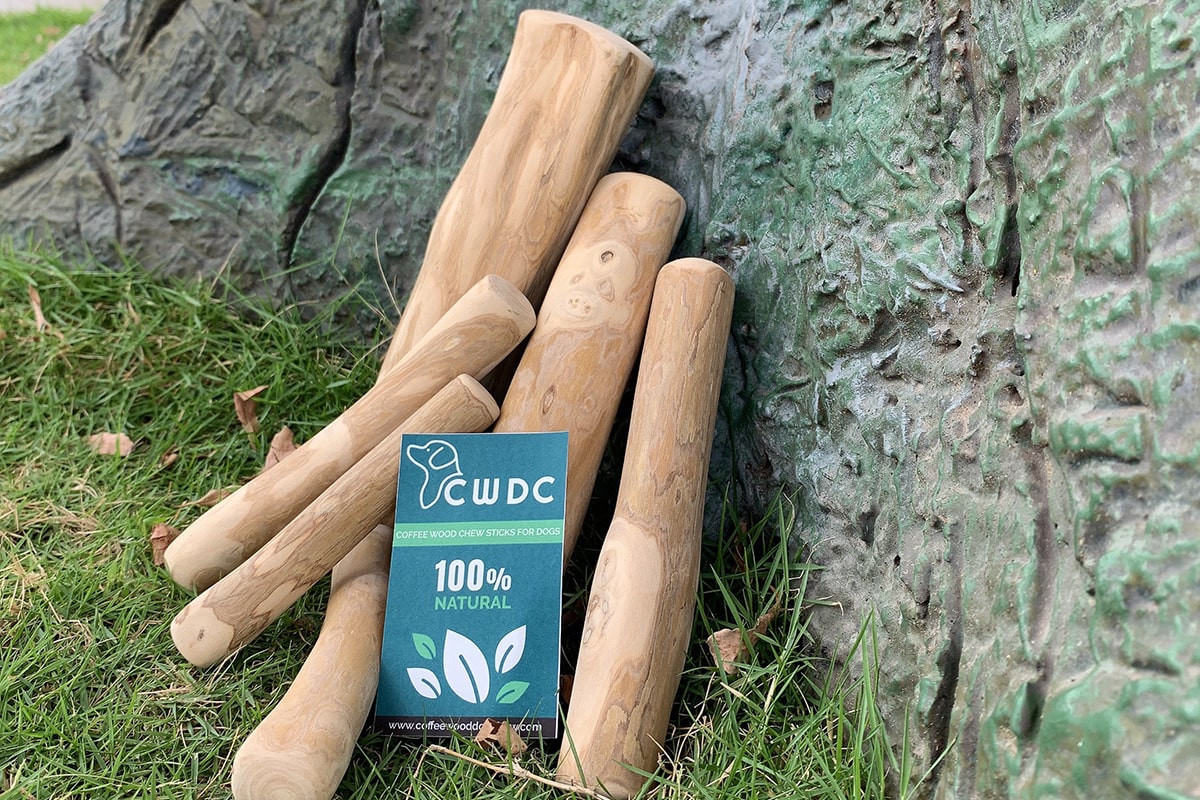The rise of modern pet care has shifted how owners think about enclosures. No longer are cages and terrariums viewed simply as containers for animals; they are now designed as holistic habitats that balance functionality, enrichment, and visual appeal.
Among the most versatile additions to these setups are Java wood hideouts and tunnels, which combine the rustic beauty of nature with the practical needs of pets. For hamsters, reptiles, and other small animals, Java wood offers not just shelter but also an aesthetic upgrade that transforms a habitat into a living, breathing environment.
1. The growing demand for functional decor
Today’s pet owners seek products that do more than serve a basic purpose, they want items that integrate seamlessly into their homes while enriching their pets’ lives. Java wood fits this demand perfectly, providing structures that look like natural art pieces while also functioning as hideouts, climbing frames, or tunnels.
2. Natural artistry in enclosure design
Each piece of Java wood is unique, shaped by decades of growth into irregular forms with hollows, curves, and knots. When placed in a hamster cage or reptile terrarium, these pieces create visual harmony, turning the enclosure into a miniature landscape rather than a sterile box. Their earthy tones complement bioactive setups and modern minimalist designs alike.
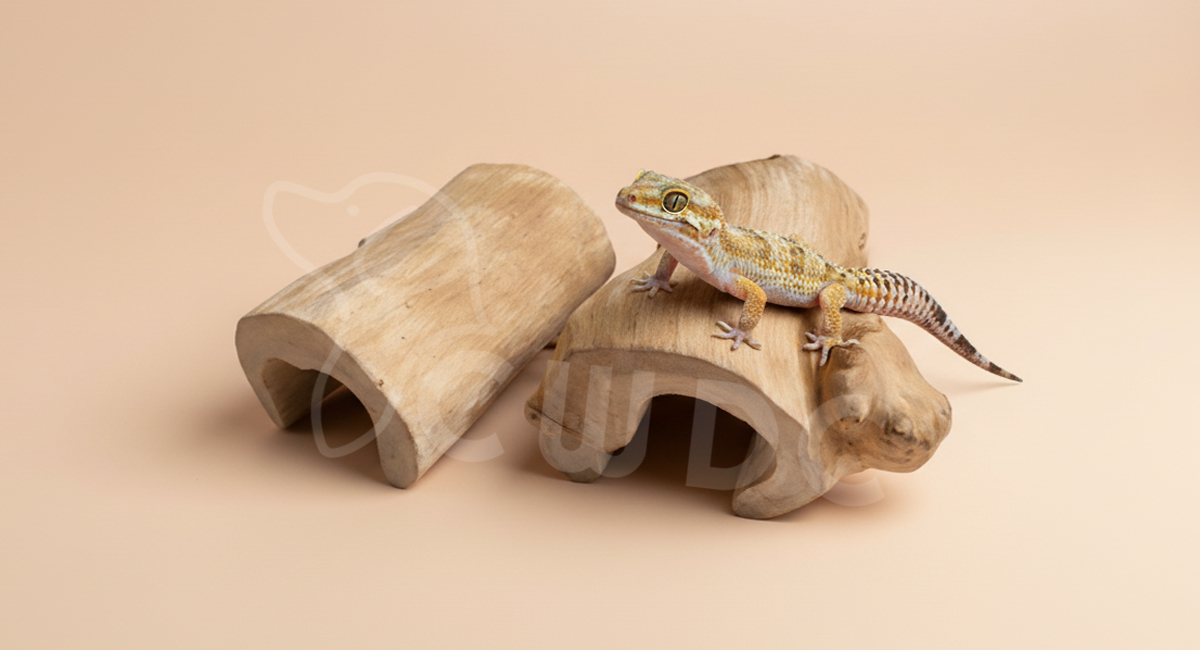
3. Practical enrichment for pets
For pets, Java wood offers multiple functions: hamsters use tunnels for burrowing and nesting, reptiles retreat inside for security and stress relief, and both species benefit from climbing surfaces that encourage exercise. Unlike synthetic decor, Java wood is durable, chew-safe, and instinct-friendly.
4. Sustainability as part of modern care
Modern pet care also emphasizes eco-conscious choices. Java wood products are made from non-fruit-bearing coffee trees that would otherwise be discarded, giving new life to natural resources. This sustainable sourcing aligns with owners who want products that respect the environment as much as their pets.
Conclusion
Java wood has become a cornerstone of modern pet habitats because it represents the ideal balance of beauty and function. For hamsters and reptiles, it offers comfort, activity, and enrichment; for owners, it adds natural elegance and sustainability. In blending practicality with design, Java wood hideouts and tunnels stand as proof that pet products can be both functional and decorative, supporting animal well-being while enhancing the spaces we share with them.
Related Posts:
- Natural Beauty Meets Function: The Unique Appeal of Java Wood Tunnels and Hideouts
- Java Wood Bird Stands: Aesthetic and Functional Benefits for Your Home
- How Java Wood Hideouts Encourage Natural Instincts in Small Pets and Reptiles
- Java Wood: The Ideal Blend of Safety, Comfort, and Style for Pet Environments
- Java Wood vs. Synthetic Hideouts: Which Is Best for Your Pet’s Well-being
- Java (Coffee) Wood Tree Bird Perch / Artificial Java (Coffee) Tree Plant for Home Decor Indoor or Outdoor Office…




